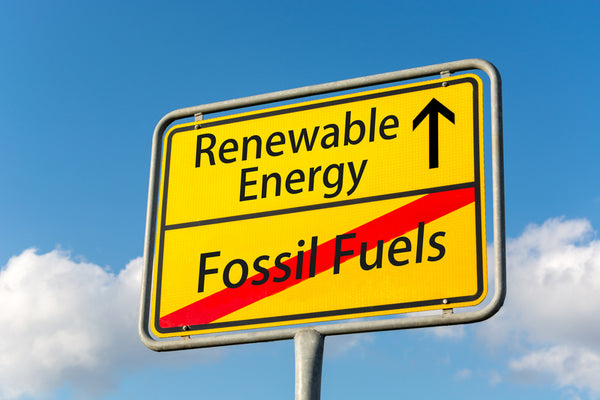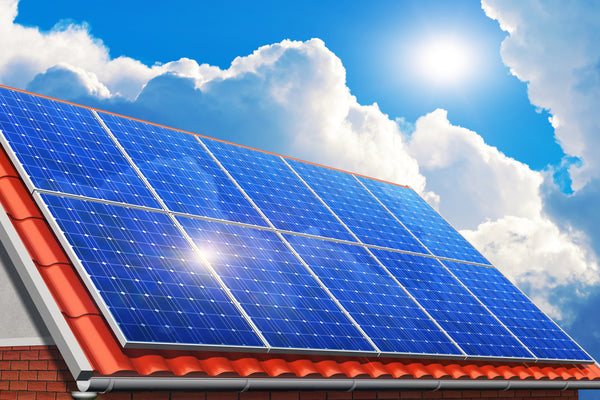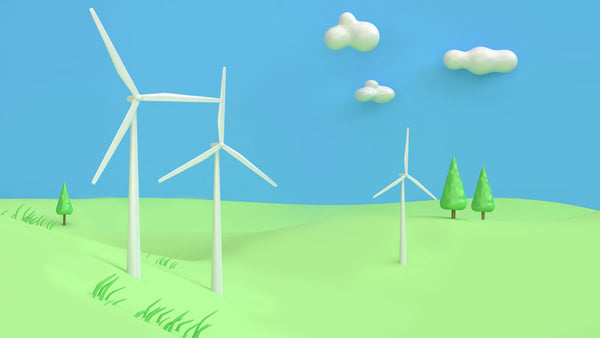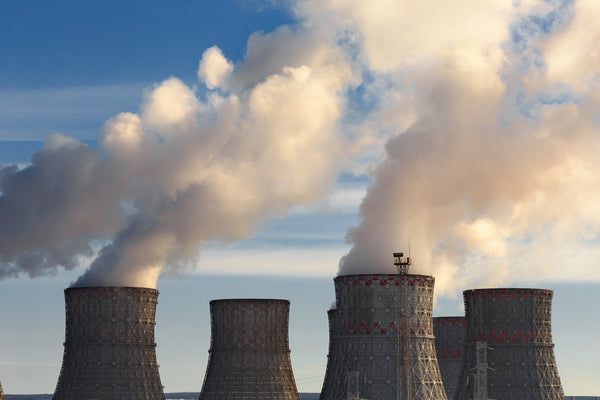
Despite recent advancements in green technology, many people are not too happy about the speed with which we are transitioning from fossil fuels to clean energy. As time goes by, technology continues to improve and provide us with more options, but many are skeptical about what types of green energy can be realistically utilized as replacements.
Let's take a look at the pros and cons of some alternative energy sources we can begin utilizing today.
Solar

Solar energy is often at the top of the list due to its renewability. Essentially, we can never run out of it. Many homeowners have chosen to place solar panels on their roofs as a way to reduce energy costs and contribute to ending the need for fossil fuels. Advancements in the manufacturing of these panels now allows the average person to purchase this technology for an affordable price.
However, this ramped-up production process has contributed to an increase in greenhouse gas emissions. That increase does not even include the emissions caused by the transportation of these panels.
Pros:
- Renewable
- Reduces utility costs
- Easy to maintain
- Technology is always improving
Cons:
- High initial investment
- Fluctuating energy source
- Manufacturing contributes to emissions
Wind

As the most successful form of green energy all over the world, wind power is quickly becoming the go-to source of power in many countries. Wind power provides not only an abundance of energy at an affordable price but also hundreds of jobs for the community.
One of the best things about wind turbines is that they can be placed on almost any piece of land. However, most are found in rural areas where the noise levels bother fewer people. Consequently, wind power is usually produced far from the cities where it is most needed.
Pros:
- Renewable
- Low operational costs
- Rapid growth and innovation
- Huge energy potential
Cons:
- High initial costs
- Could threaten wildlife (birds and bats)
- High noise levels
- Fluctuating energy source
Nuclear

At the present time, nuclear is officially the cleanest form of energy. It produces less greenhouse gas emissions than any other energy source. Nuclear energy can reduce emissions by over 555 million metric tons. Governments often opt to fund a nuclear energy site due to its low cost of operation and the fact that the public will pay less for the energy produced.
The disadvantages of a nuclear energy plant include how dangerous one can be to the public. These sites make attractive targets to terrorist groups, and even the most rural locations pose significant risks to a nation's population. The examples of Chernobyl and Fukushima come immediately to mind. In addition to this, there is a major problem of nuclear waste. Since we have no safe way to dispose of it, it must be contained and stored for thousands of years.
Pros:
- Lowest greenhouse gas emissions
- Low operating costs
- Stable energy source
- High energy density compared to fossil fuels
Cons:
- High initial costs
- Abundant but not renewable
- Radioactive waste requires special handling
- Past history of nuclear accidents
The Bottom Line
Nearly everyone would agree that shifting our economy from fossil fuels to green resources is certainly worthwhile. As we debate the best tactics to pursue, most people would also concede that we have a limited time to reach our ultimate goal. Future generations depend on our success.
